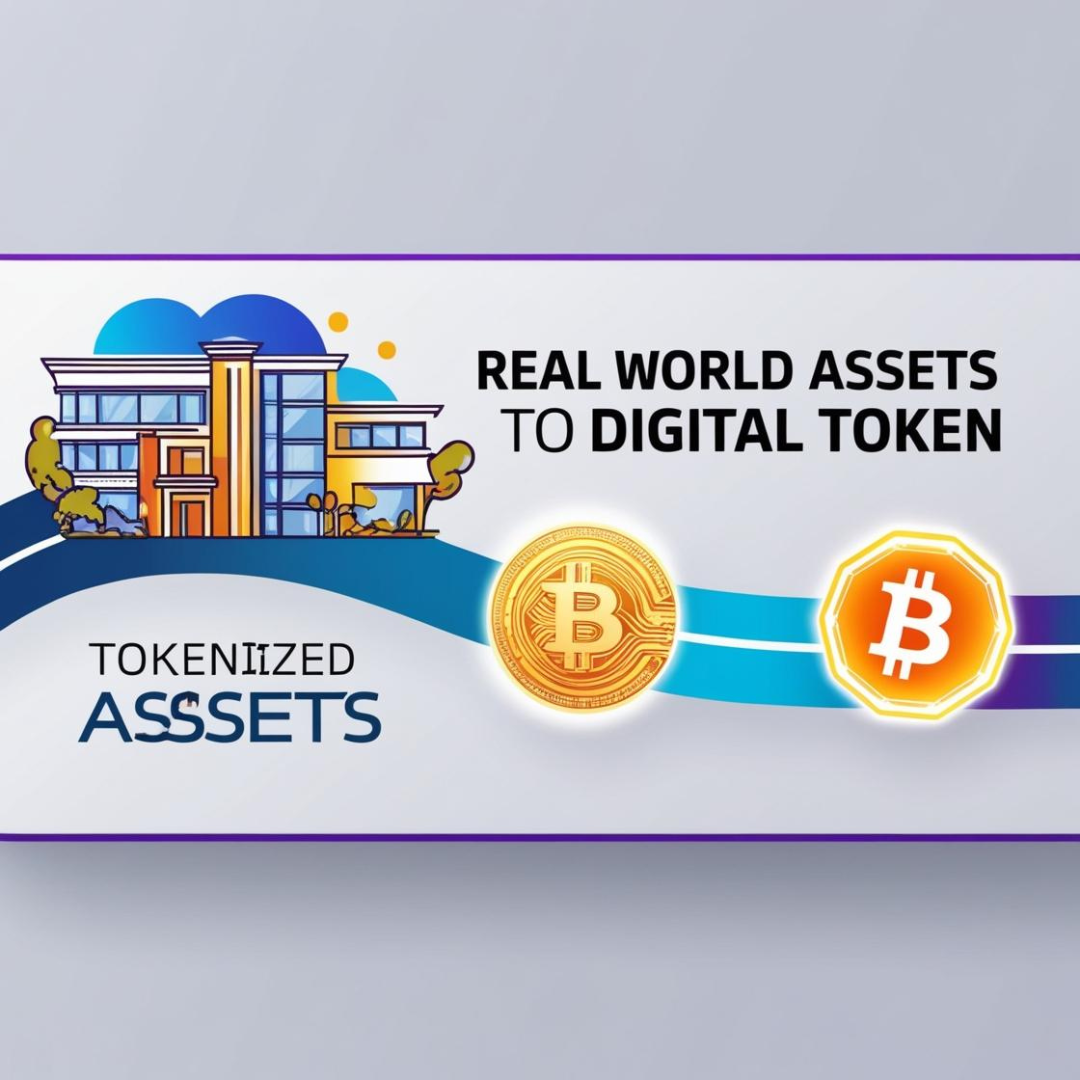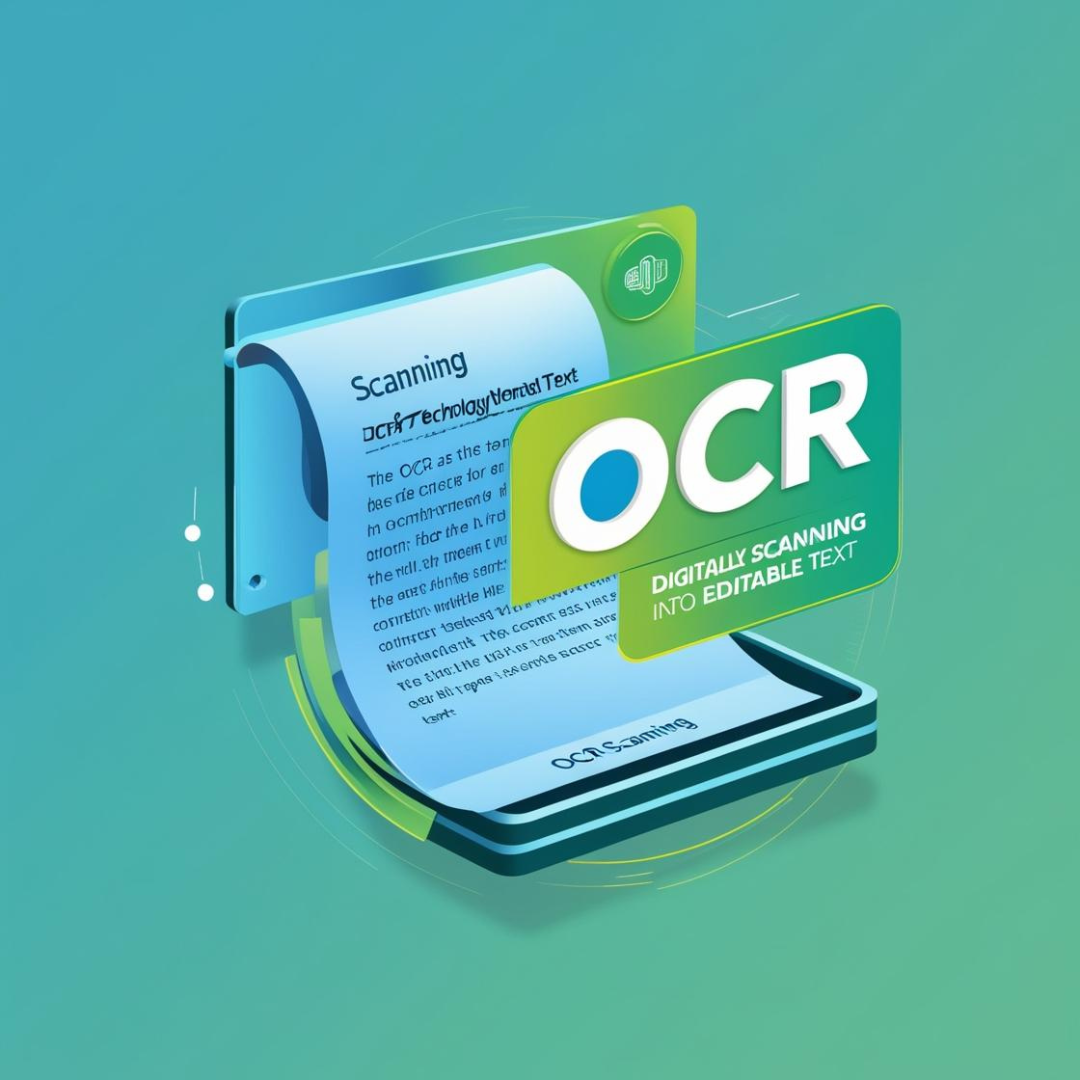Nigeria's Crypto Revolution: A Global Success Story
Congratulations!
Nigeria has once again proven its leadership in innovation by ranking as the second-highest country in the 2024 Global Crypto Adoption Index by Chainalysis. This global recognition underscores Nigeria’s critical role in driving cryptocurrency adoption, fueled by a tech-savvy population and economic resilience. But what does this ranking mean for the nation’s future?
The Global Crypto Adoption Index
Chainalysis’ Global Crypto Adoption Index evaluates countries based on their engagement with cryptocurrencies. It focuses on three key areas:
1. Total cryptocurrency transactions: Measures the total value of crypto traded in a country, reflecting its widespread use.
2. Retail activity: Tracks smaller, everyday transactions, highlighting how ordinary people use cryptocurrencies.
3. Decentralised Finance (DeFi) activity: Measures participation in DeFi platforms, enabling financial services like lending, borrowing, and trading without traditional banks.
By focusing on both institutional and retail users, the index shows how deeply cryptocurrency has become part of daily life.
Nigeria’s Remarkable Achievement
Between July 2023 and June 2024, Nigeria received approximately $59 billion in cryptocurrency value, according to Chainalysis. A remarkable 85% of these transactions were under $1 million, showing how everyday Nigerians are embracing cryptocurrencies for their financial needs.
Despite governmental restrictions on cryptocurrency platforms like Binance, OKX, and KuCoin, Nigerian crypto users have shown resilience by continuing to engage actively in digital currency trading. This reflects their strong commitment to cryptocurrency adoption, even in the face of regulatory hurdles.
This level of engagement places Nigeria second globally, reaffirming its position as a hub of crypto innovation and adoption.
Why Nigerians Are Embracing Crypto
Economic Instability and Inflation
With high inflation and a devaluing naira, cryptocurrencies provide a way for Nigerians to protect their wealth. Stablecoins, like USDT, are especially popular, offering a hedge against the declining value of the local currency.
Affordable Remittances
Millions of Nigerians living abroad send money home regularly. Cryptocurrencies offer a cheaper, faster way to transfer funds compared to traditional banking systems.
Youthful, Tech-Savvy Population
Nigeria has one of the youngest and most tech-savvy populations in the world. With increasing mobile internet access, many are eager to explore innovative blockchain solutions.
Entrepreneurial Spirit
Start-ups in Nigeria are integrating blockchain technology into operations, fostering innovation and driving economic growth.
How Nigerians Use Cryptocurrencies
Cryptocurrencies have become integral to daily life in Nigeria, with a variety of practical applications:
Everyday Transactions
Cryptocurrencies are increasingly used to pay bills, recharge mobile credits, and shop online via platforms that convert crypto to naira.
Savings and Investments
As the naira loses value, many Nigerians save and invest in cryptocurrencies to preserve their wealth. Cryptocurrencies, like Bitcoin and stablecoins, also offer the potential for high returns compared to traditional savings methods.
Stablecoins for Stability
Stablecoins, such as USDT (Tether), are particularly popular in Nigeria. These digital currencies are pegged to assets like the US dollar, providing a stable alternative to volatile cryptocurrencies.
Stablecoins now account for approximately 43% of cryptocurrency transactions in sub-Saharan Africa, with Nigeria leading the way.
Their reliability makes them ideal for smaller transactions, such as remittances and cross-border payments, helping Nigerians bypass foreign exchange shortages
Decentralized Finance (DeFi)
DeFi platforms provide Nigerians with financial services like lending, borrowing, and earning interest—without relying on traditional banks.
The Road Ahead: A Balancing Act
Nigeria’s ranking highlights its ability to tackle economic challenges with innovative solutions. However, the shortage of foreign exchange (FX) remains a significant challenge for businesses and individuals. Stablecoins, pegged to the US dollar, have emerged as a practical solution for smaller transactions under $1million, helping Nigerians bypass FX shortages and traditional banking challenges.
If Nigeria can address these FX challenges while expanding crypto adoption, it could unlock even greater economic opportunities. Collaboration between policymakers, the crypto industry, and other stakeholders will be key to fostering innovation while protecting users.
Nigeria’s position as the second-highest country in the 2024 Global Crypto Adoption Index showcases its resilience and ingenuity in addressing economic challenges. With the right strategies, Nigeria has the potential to become a global leader in cryptocurrency and blockchain innovation.
By prioritising education, promoting responsible innovation, and fostering a supportive regulatory environment, the country can fully harness the potential of blockchain technology. As Nigeria continues to lead in crypto adoption, the focus must shift toward building a secure, sustainable ecosystem that benefits everyone.
The question remains: how can Nigeria leverage its crypto momentum to shape the future of finance—not just locally, but globally?
Source: Nigeria’s crypto revolution: A global success story - Businessday NG













